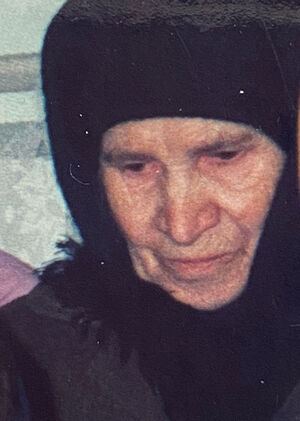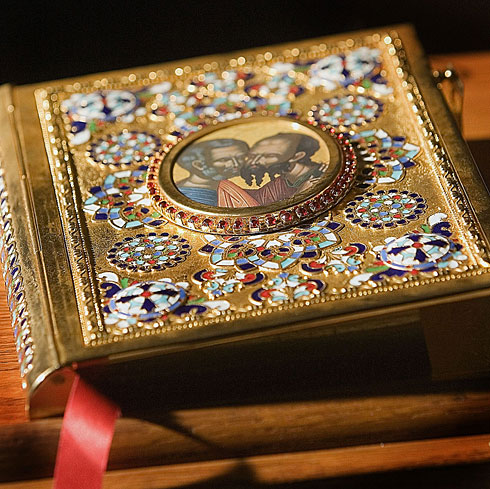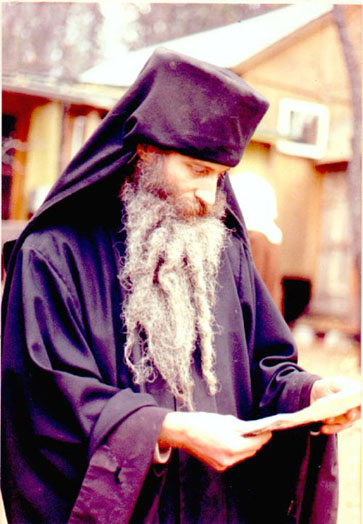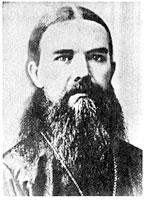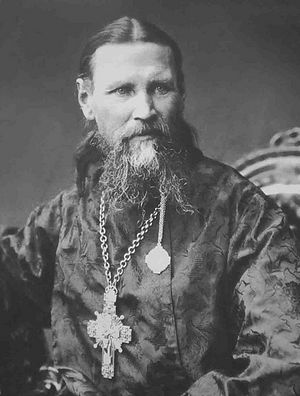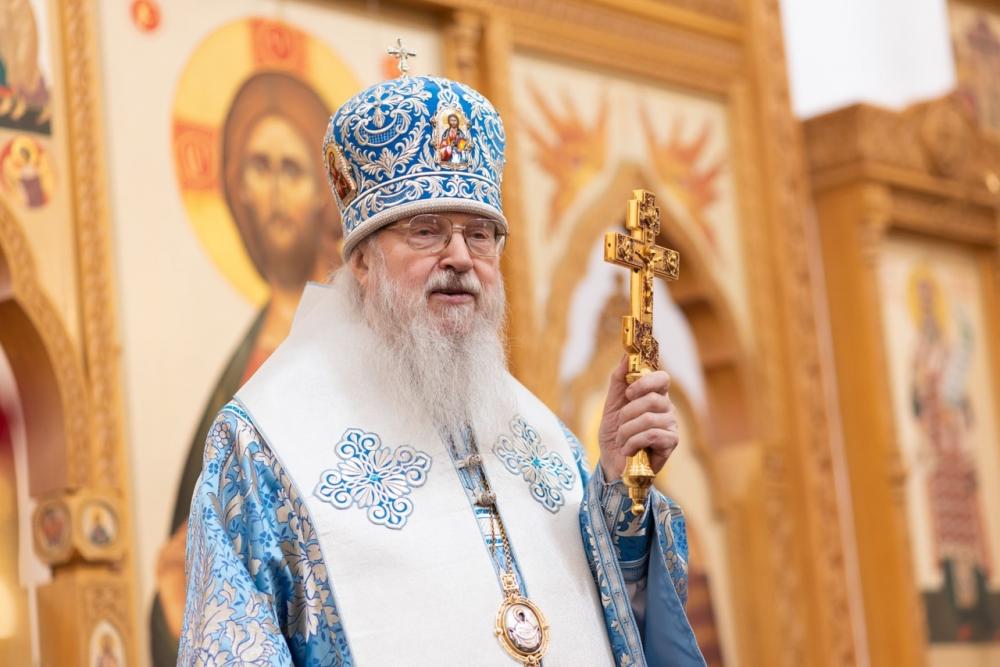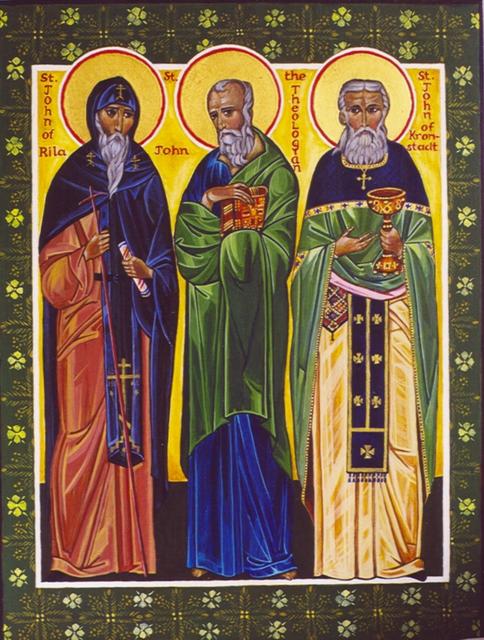In order to learn to pray we should start to pray!
Metropolitan Athanasios of Limassol, the Church of Cyprus:
There is a Greek proverb: “Appetite comes with eating.” In order to learn to pray we first must force ourselves to pray. The Lord in the Gospel says, The kingdom of heaven suffereth violence, and the violent take it by force (Mt. 11:12).
In order to learn to pray we should start to pray! Through our efforts prayer will be in action inside us. And in each one of us it will work in a unique way because we are all unique, and prayer is the expression of every individual soul in its communion with God.
What helps us pray? The fulfilment of the commandments. Once we have broken any commandment, we “stumble” in prayer. The Church sacraments, especially confession and Communion, were given us to help us improve. Staying in the spirit of obedience, concentration and silence also has a salutary effect on our prayer…
And then prayer begins to work in us. Elder Ephraim of Katounakia used to say: “My prayer directs me, and not vice versa.” And prayer will guide us where the Lord wants us to go.
You just need to start praying
Schema-Archimandrite Iliy (Nozdrin):
The prayer of every human being is of cosmic importance—that is, it has an effect not only on somebody individually, or his family and immediate circle of friends, but also on the entire world. Likewise, every sin brings the universe closer to its destruction.
If we take care of our bodies, nourishing, clothing and protecting them, then how can we fail to take care of our souls? The life of the soul is sustained by prayer.
You just need to start praying. When a baby is born, he receives all-round care from its parents. Likewise, when a person is born into spiritual life, God helps him in everything in the initial stage.
Continue reading →


